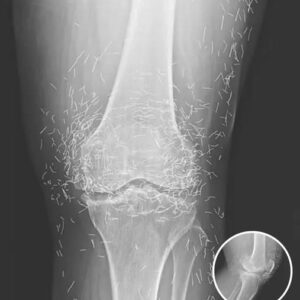Night cramps are sudden, painful muscle contractions that often strike during sleep. While they can happen to anyone, certain groups of people are more likely to experience them due to age, health, lifestyle, or medical factors. Knowing who is most at risk can help with both prevention and management.
Older adults
Night cramps are especially common in older adults. Research shows that nearly one in three people over 60 deal with them regularly. Age-related changes such as reduced muscle flexibility, slower circulation, and weaker nerve signals all contribute to the likelihood of muscle spasms at night.
Pregnant women
Expectant mothers, particularly in the second and third trimesters, often report night cramps. Pregnancy places extra strain on the legs, while hormonal shifts may disrupt the body’s electrolyte balance. In addition, increased pressure on veins and altered blood flow can make leg cramps more frequent.
Athletes and active individuals
Physically active people, including athletes, are also at risk. Intense workouts, dehydration, or lack of proper recovery can overwork the muscles. Sweating depletes electrolytes like potassium and magnesium, which are essential for normal muscle function. Without enough hydration or stretching, cramps may develop even in otherwise healthy bodies.
People with sedentary routines
A lack of movement during the day can also trigger cramps. Long hours of sitting at a desk or standing in one place reduce circulation, leading to stiff muscles. Office workers and those in standing professions often notice cramps if they don’t stretch or change positions regularly.
Individuals with health conditions
Certain medical conditions, such as diabetes, kidney disease, peripheral artery disease, or thyroid disorders, may increase the risk of cramps. In these cases, the problem is often related to circulation or electrolyte balance and may require medical attention.
Medication side effects
Some medications can make cramps more likely. These include certain diuretics, cholesterol-lowering drugs, and hormonal medications. If cramps begin after starting a new prescription, it’s important to consult a healthcare professional for guidance.





